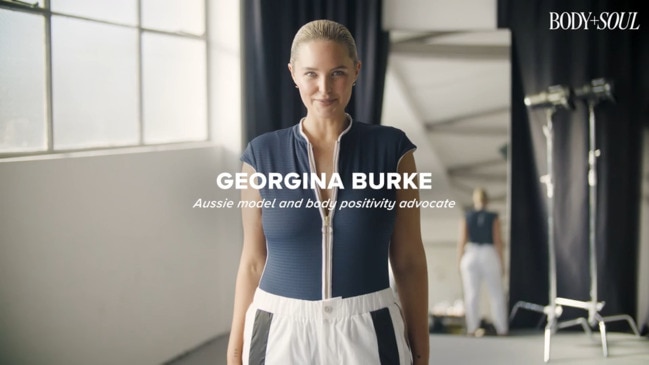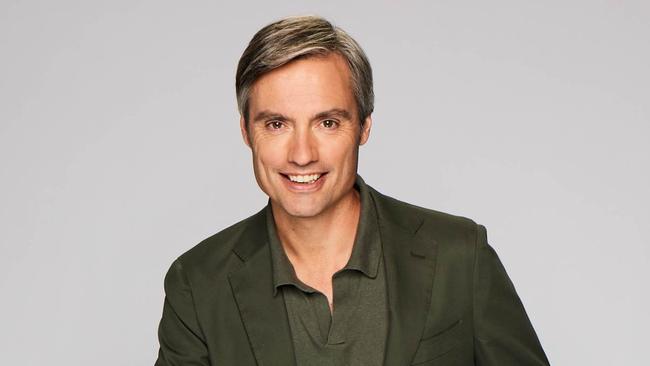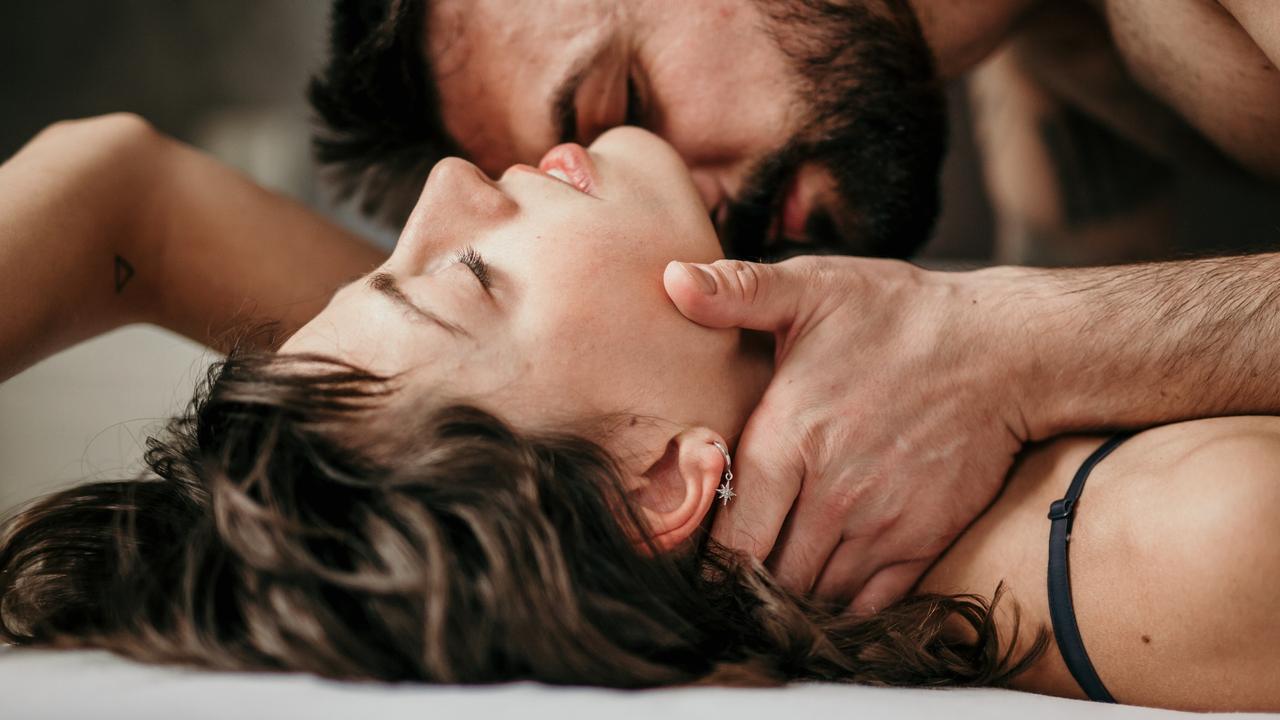Former deputy medical officer reveals Australia's biggest Covid mistake
His resume speaks for itself

Lifestyle
Don't miss out on the headlines from Lifestyle. Followed categories will be added to My News.
Australia’s former deputy chief medical officer Dr Nick Coatsworth on health hacks, his secret love of sugar and changing the world
You held a weighty national role in the Australian response to COVID-19 as the deputy chief medical officer. How do you reflect on that time now, and do you think the pandemic has changed the face of public health?
At the start, I was really looking forward to people getting on board with public health. And for the first year, they were. They were open to what we were doing. I think, honestly, if we’d taken the foot off the restrictions a little bit earlier in 2021, then we would’ve had a lot more people stick with us. We had an opportunity to really change the way that people think about health, but I think we lost that in 2021, the consequence being people just mentally blocked out 2020 and 2021 entirely.

Early in your career, you were a field doctor for Medecins Sans Frontieres and practised in the Republic of Congo, Chad and Darfur. You also led the second Australian medical assistance team to the Philippines after Typhoon Haiyan. What was that like and how did it impact you?
Wild is a good way to describe it. You could say I like being in crisis situations. Each one was transformative. I mean, I didn’t even know where in the world Chad was before I went. It just showed me how different things are outside of Australia. It was very uncertain and challenging, unlike anything I’d done before, and it just built a lot of confidence in me. Being able to do that when I was 25 was pretty crazy. If I hadn’t, there’s no way I would’ve been the deputy chief medical officer. I wouldn’t have had the experience.
Your career has taken you from disaster relief field work to TV shows – two very disparate environments. Was television always the goal?
The TV stuff is all very new to me. I’ve never done anything like this, so it’s really interesting to see how complicated making a show is. The opportunity arose out of the pandemic [because] people knew my face. I love what I do in the hospital, but it’s often too late. Once someone’s got a chronic disease, you can’t really make a difference. You make the biggest difference if you can stop them getting the chronic disease in the first place. So, I figured television was the best way to get that message out and communicate how to live a healthier life.

Your new show Do You Want to Live Forever? delves into the quest for a longer, healthier life. What’s one of the most interesting things you discovered when you were filming it?
The fact you can actually biohack your health, every single day, with very simple things. For example, having a coffee in the morning to activate the brain – that’s a biohack. Choosing to take the stairs instead of the lift biohacks your muscles. Since wrapping the show, I’ve also started taking a shot of olive oil every day to try and positively change my ratio of good to bad cholesterol. I did it for 12 weeks, then did a blood test, and it worked.
You advocate living a healthy life. Do you have any surprising ‘unhealthy’ habits, given your status as a doctor?
Yes, I do. I’m not ashamed to say I binge chocolate – I can knock off a packet of Cadbury Twirl Bites in one session. There’s nothing wrong with treats in moderation, but that’s actually something I’m hoping to change over the four weeks the show screens – it wouldn’t hurt to cut back!
More Coverage
Originally published as Former deputy medical officer reveals Australia's biggest Covid mistake




